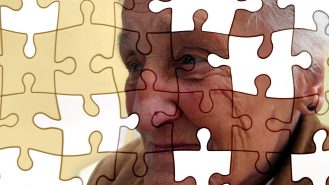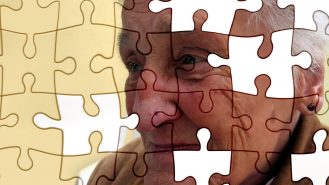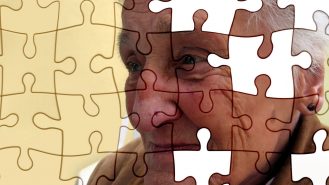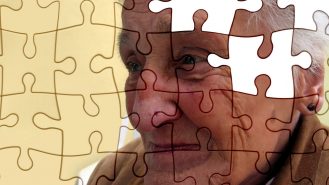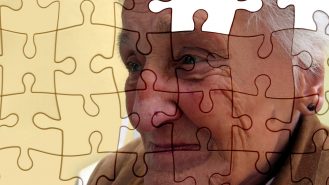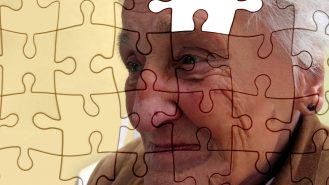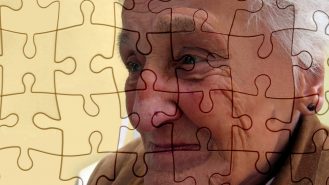Course organiser:Chris Botur
Presenter:Marianne Hanson
International conflict seems to be everywhere, bringing with it news of death and despair.
Yet while the tragedies in Ukraine and Gaza, and tensions between the US and China,
dominate our news today, most of us are in fact living in the most peaceful era in human
history. This is not to dismiss or make light of the very real destruction and trauma we are
seeing in these parts of the world. But the way that humans and states manage their
conflicts with each other has changed substantially since 1945.
The course examines the nature of conflict, the recent history of international conflict (by
looking at the World Wars and the Cold War), and the ways in which we have put in place
mechanisms and practices to minimise war and conflict between and within states. The role
of the United Nations, the growth of international law, a greater emphasis on human rights,
and efforts to control or outlaw weapons, have all been very important. But these measures
do not always work, as we see in Ukraine and the Middle East today. Power politics and
vested interests as practised by some of the most powerful states can derail our efforts to
build a peaceful world. Nonetheless, the advances the human race has made in managing
international conflict and bringing a level of peace and prosperity to many parts of the world
should not be under-estimated.
- The concept of conflict: is conflict among humans natural?
- What divides us?
- Human beings and conflict: a brief early history
- We are living in the most peaceful era in human history: the big change since 1945
- The nature of the international system
- World War One to World War Two: lessons learned?
- The post-1945 ‘rules based international order’
- An ‘anarchical system’ becomes an ‘anarchical society’
- Why did the Cold War occur?
- What were its hallmarks?
- What lessons did we learn?
- What mistakes were made?
- Practices of diplomacy
- The growth of international law
- The growth of human rights
- Controlling deadly weapons, especially chemical, biological and nuclear weapons
- The tragedy of Ukraine
- Israel and Gaza
- The legacies of an unfinished Cold War?
- Geostrategic shifts: great powers fall and new ones rise: how can we sustain peace?
